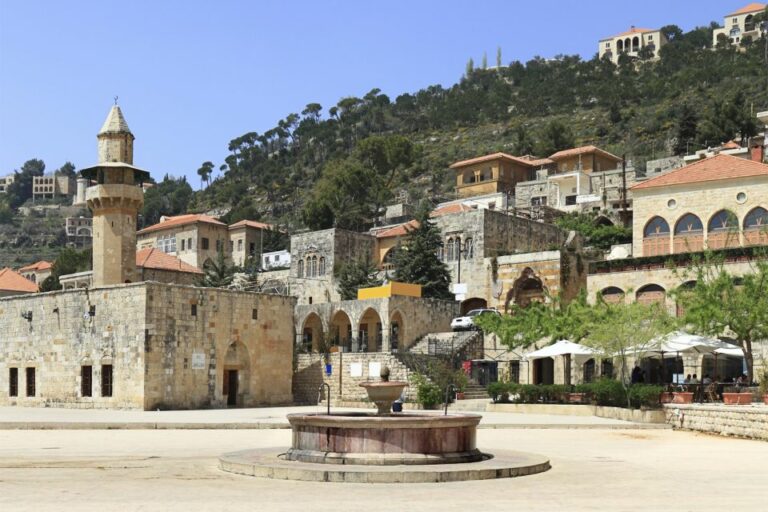Nature, mountain and fresh air lovers, are you looking for a exceptional place who breathes calm and serenity. The picturesque village of Bet Ed Dine is made for you.
Located about 850 meters above sea level, on a height that faces Deir al-Qamar (an umpteenth picturesque place located in Lebanon), Beit Ed Dine is a real tourist destination which is mainly due to its palace, which also bears his name.
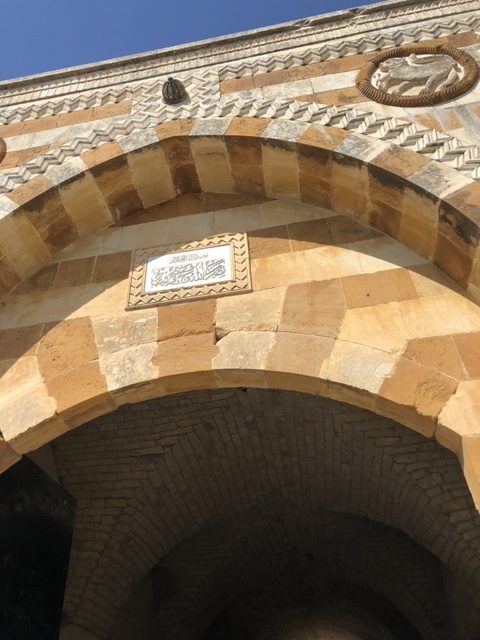
It is precisely this magnificent place that I wanted you to visit today through this article, which I remind you, is part of my tourist guide. “Lebanon by Libshop” !
Libshop Travel Guide: the ultimate tourist guide to holidays in Lebanon
Accessible from Beirut, by the southern route to Of love (remember, the place that is full of Miami-style beaches!), you can join Beit Ed Dine by the road that leads to Deir al-Qamar, about 25 kilometers from the coast (an hour's drive by car).
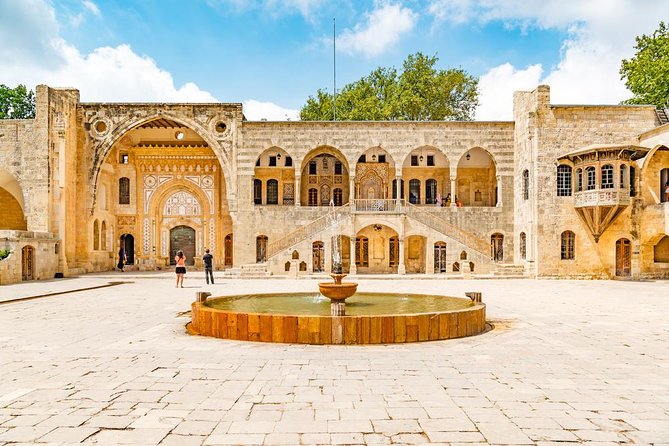
A true Arab-Baroque architectural gem, the history of Beit Ed Dine Palace is closely linked to that of the emirate of Chouf. Declared a national monument in 1934, on the independence of Lebanon, the palace hosts every year, within its walls and in its courtyards, the famous festival of Beit Ed Dine, which takes place every July and August. An event of international scope whose first edition dates back to 1985, in the middle of the Lebanese war.
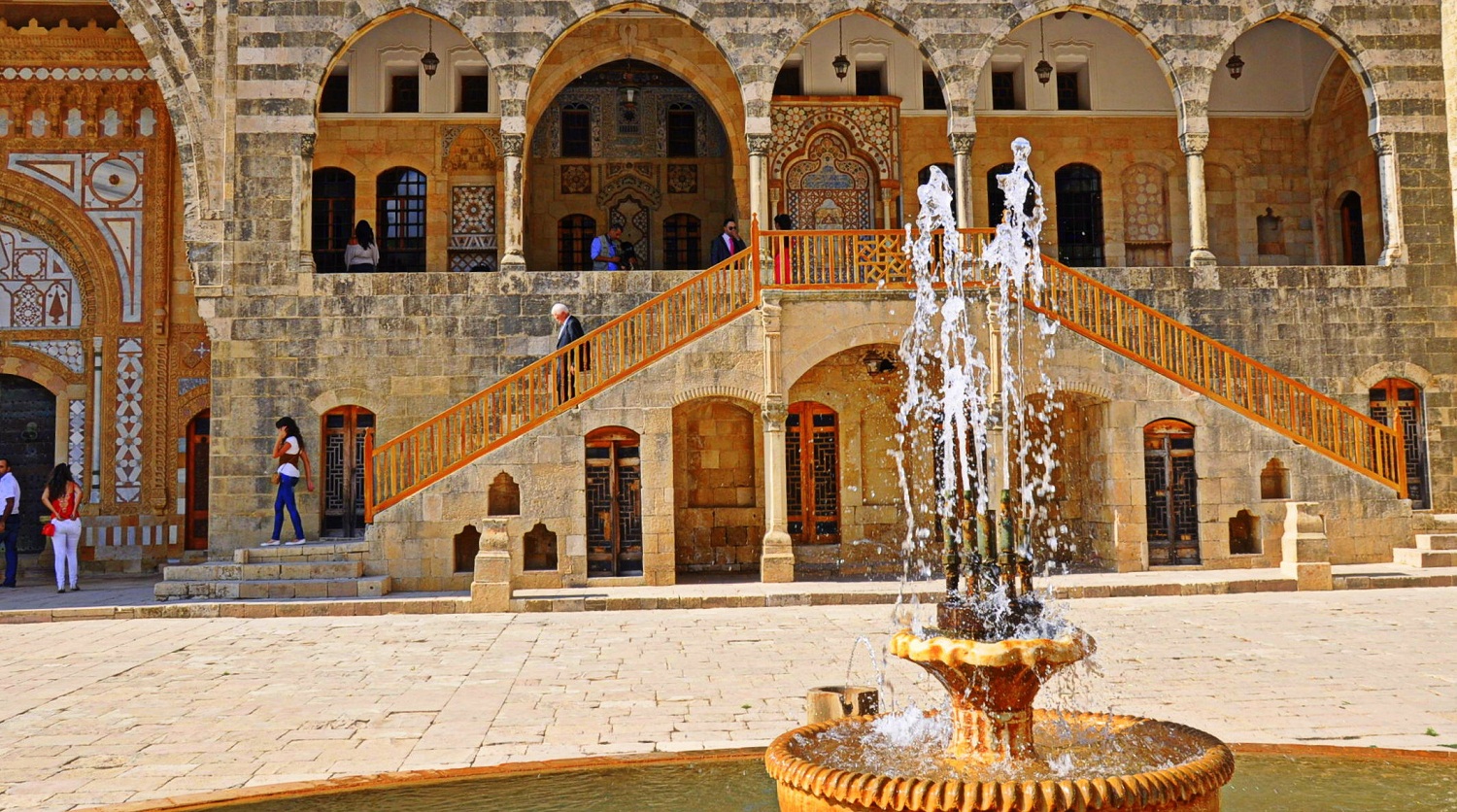
The rich historical past of the village of Beit Ed Dine precedes it. Designated capital of the emirate of Mount Lebanon at the beginning of the 19th century, the palace of Bet Eid Dine is one of the must-visit sites in the region. Here are some of the photos I was able to take of my visit.
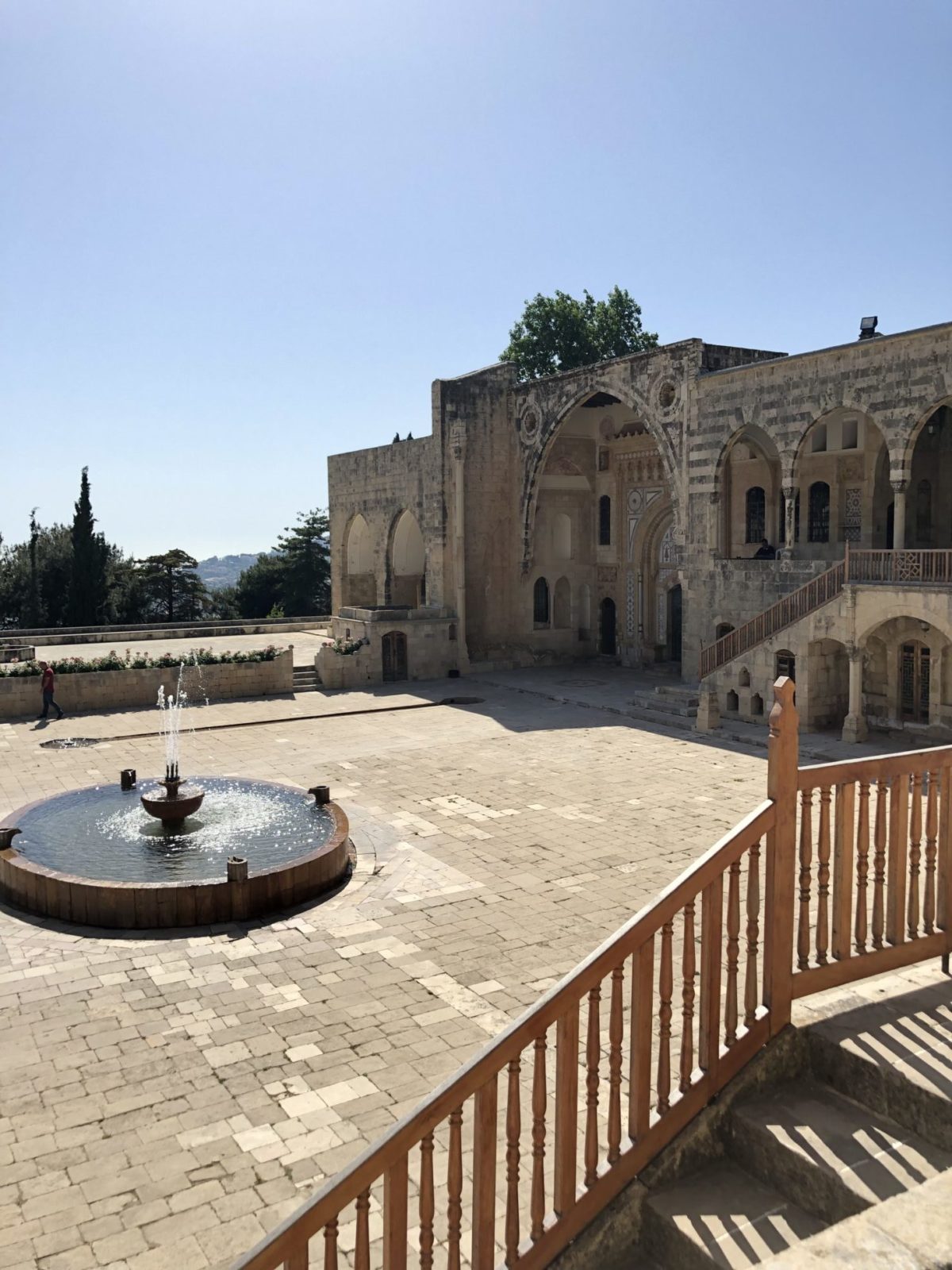
Built between the 18th century and the 19th century with the help of Italian architects in particular by the Emir Bachir Chehab II, who governed the emirate of Mount Lebanon in the first half of the 19th century, it was the residence of the emir until 1840.
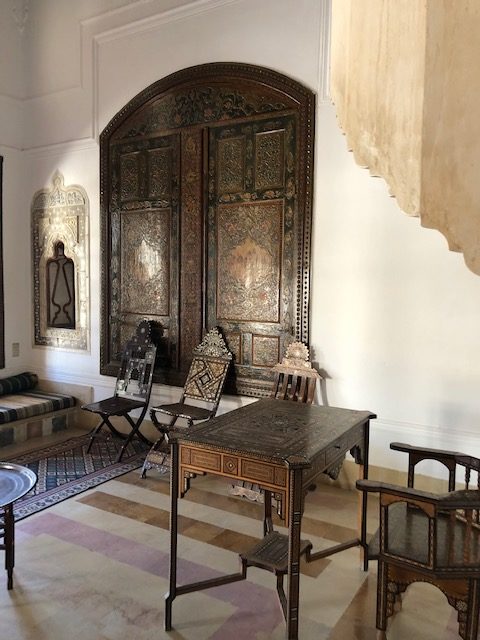
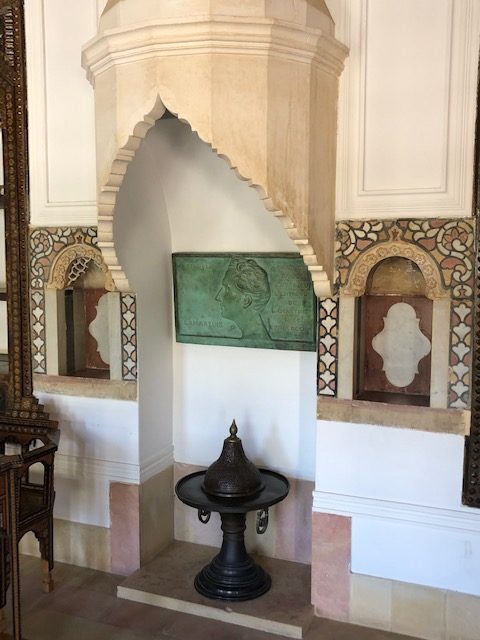
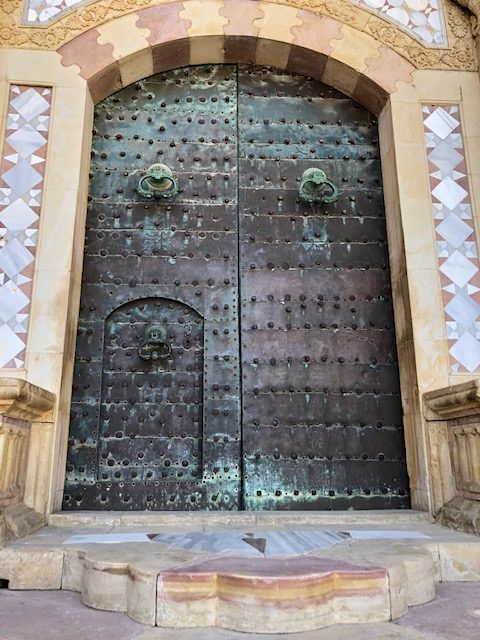
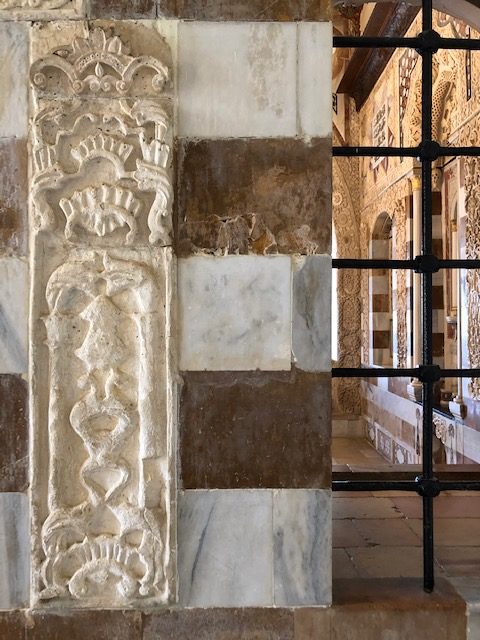
The building, which sports an Italian baroque style, with a subtle blend of oriental characteristics of Lebanese architecture, was then used by the Ottoman authorities as the seat of residence of the government of Mount Lebanon.
Later, under the French mandate after the First World War, it was requisitioned for the needs of local administration.
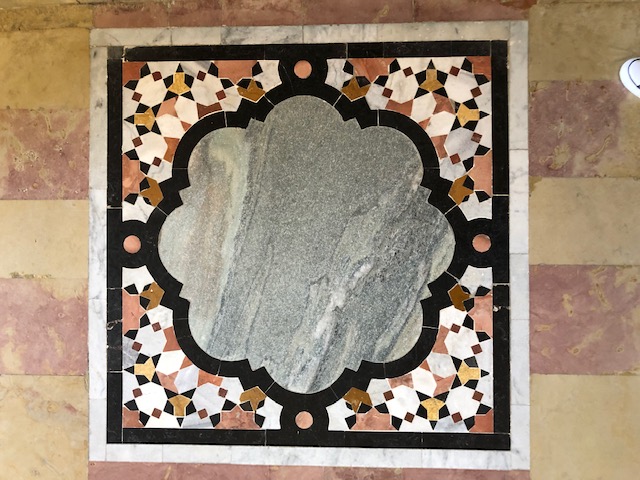
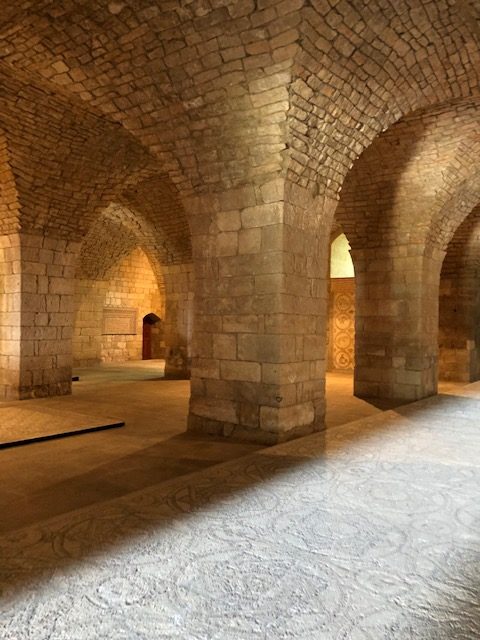
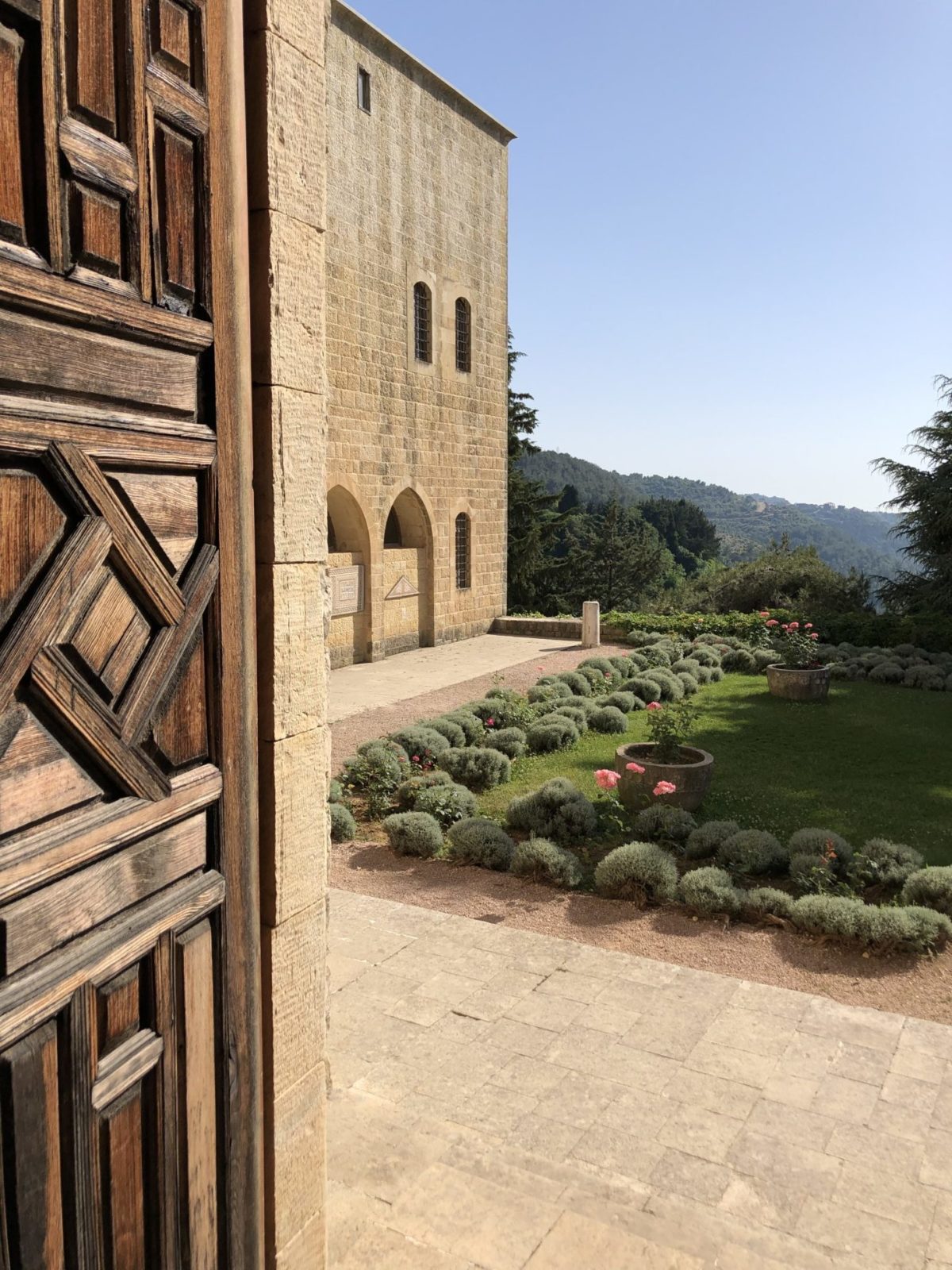
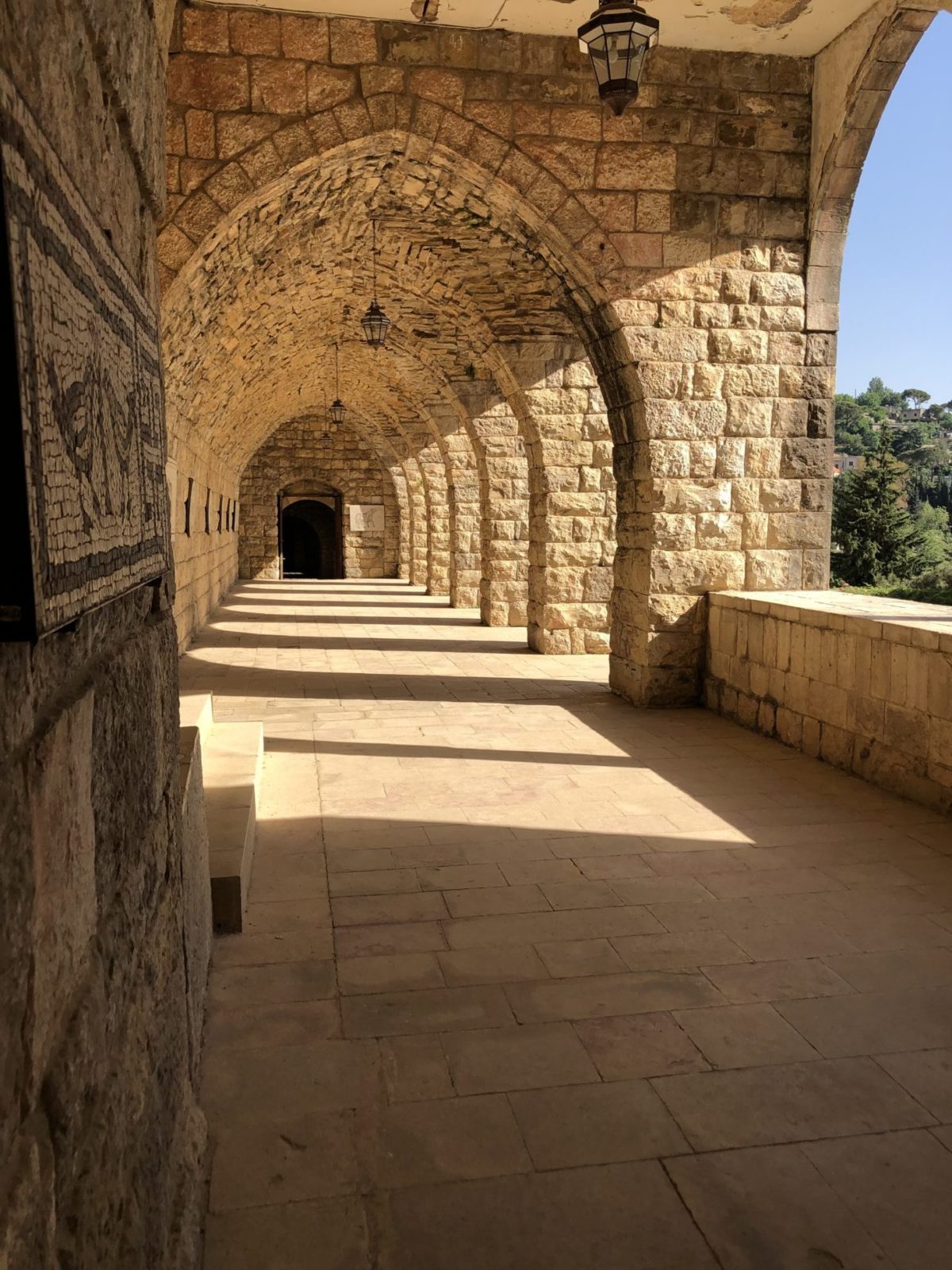
Its magnificent woodwork, its arabesques, its traditional hammams, its majestic oriental lounges and its collection of mosaics, immerse you in an atmosphere worthy of the thousand and one nights.
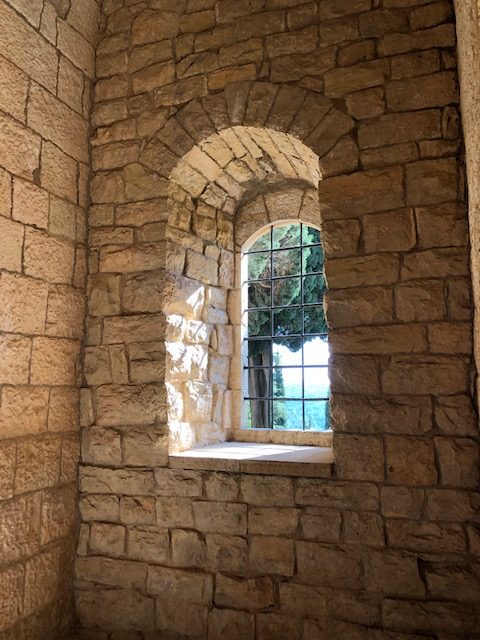
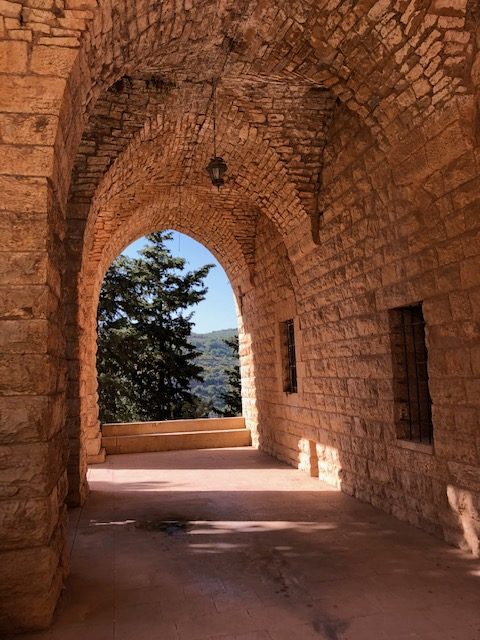
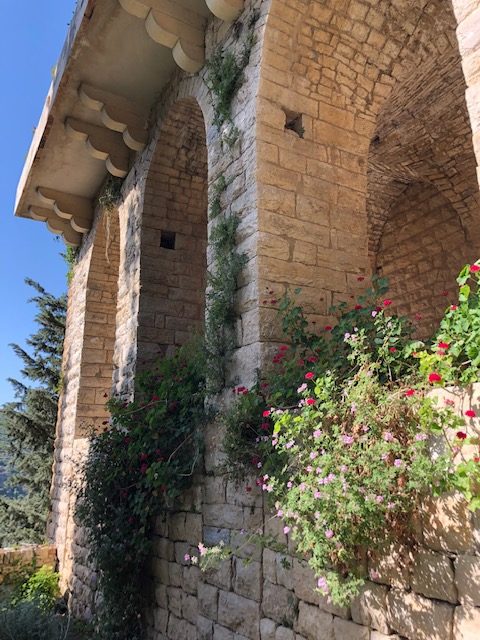
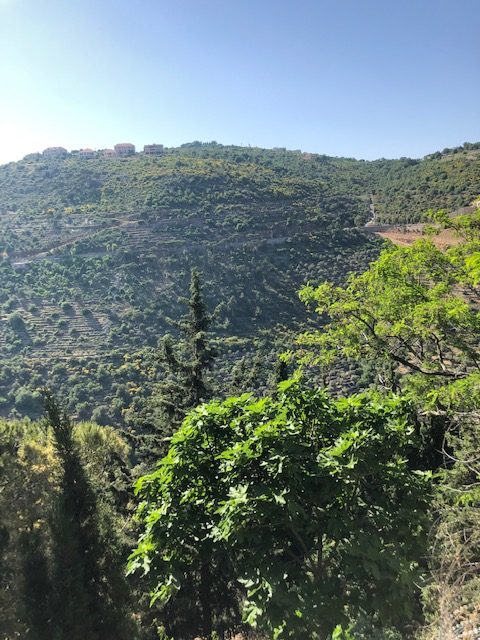
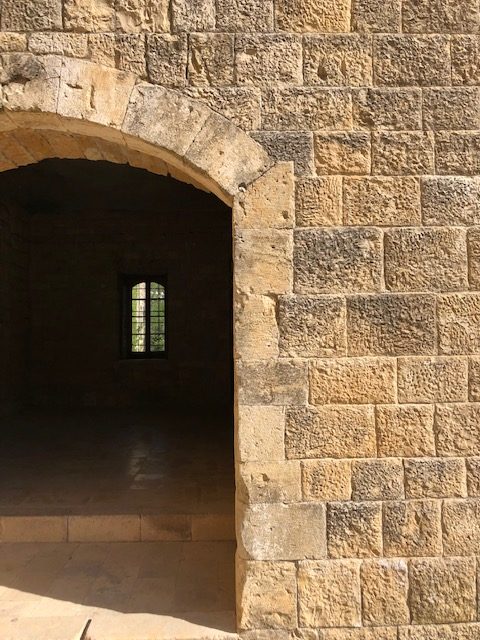
Emir Bashir integrated in this palace a chapel and a mosque, as well as magnificent hammams and sumptuous lounges, where he welcomed travelers, poets, writers and musicians.
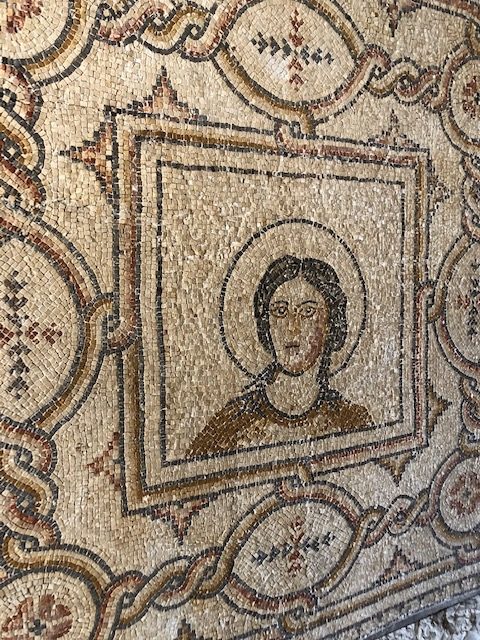
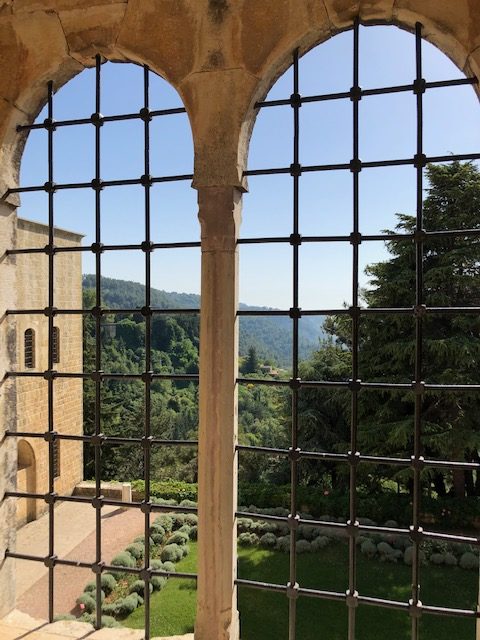
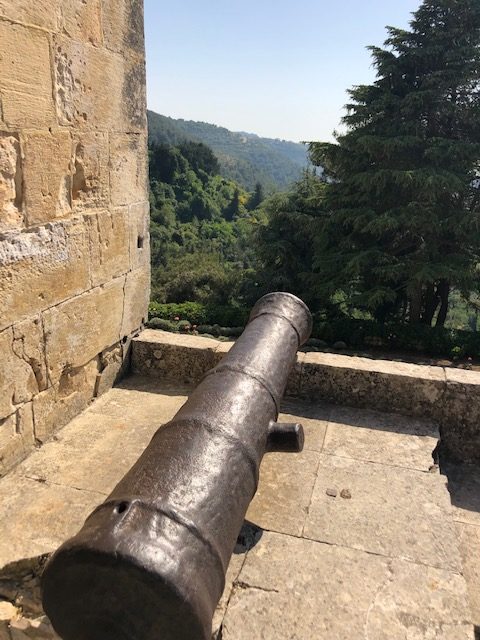
Did you like this article ? Find more in my guide “Le Liban by Libshop”!



